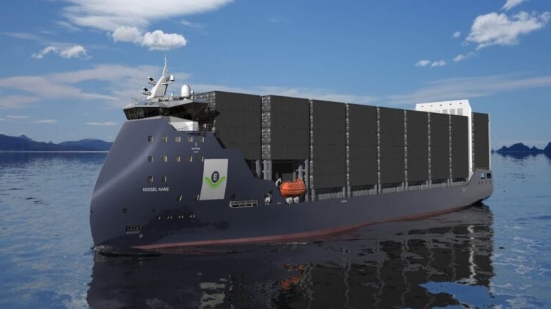
EDGE Navigation, established in 2021, is working on a fleet of commercial cargo ships powered by liquid hydrogen, including a dedicated LH2 tanker. These ships are expected to begin operations in 2028, with the Rotterdam port positioned as a key entry point for LH2 imports and bunkering services in Northwest Europe.
The signed agreement outlines plans to explore policies, procedures, and regulatory requirements for the safe and efficient transfer of liquid hydrogen both from ship to shore and between vessels. This effort aligns with broader sustainability goals and supports the growth of Rotterdam as a central hub in the international hydrogen supply chain.
“The hydrogen value chain is taking shape in Rotterdam. As an addition to the existing offering of ammonia and LOHC, liquid hydrogen will further strengthen our portfolio. A well-functioning value chain — involving relevant stakeholders and market players — is essential to successfully decarbonise the maritime sector and industry,” the Port of Rotterdam stated.
This cooperation marks another step in Rotterdam’s push toward low-emission shipping solutions. In a recent development, the port facilitated an ammonia bunkering pilot at the Maasvlakte 2 APM terminal. The test involved the safe transfer of 800 cubic meters of cold, liquid ammonia at -33°C between two vessels, helping validate operational safety frameworks for alternative marine fuels.
The collaboration with EDGE Navigation and the successful ammonia pilot underscore Rotterdam's commitment to enabling alternative fuel technologies. As global shipping moves toward more sustainable energy sources, partnerships like this are expected to contribute significantly to the establishment of a reliable infrastructure for alternative marine fuels in Europe.